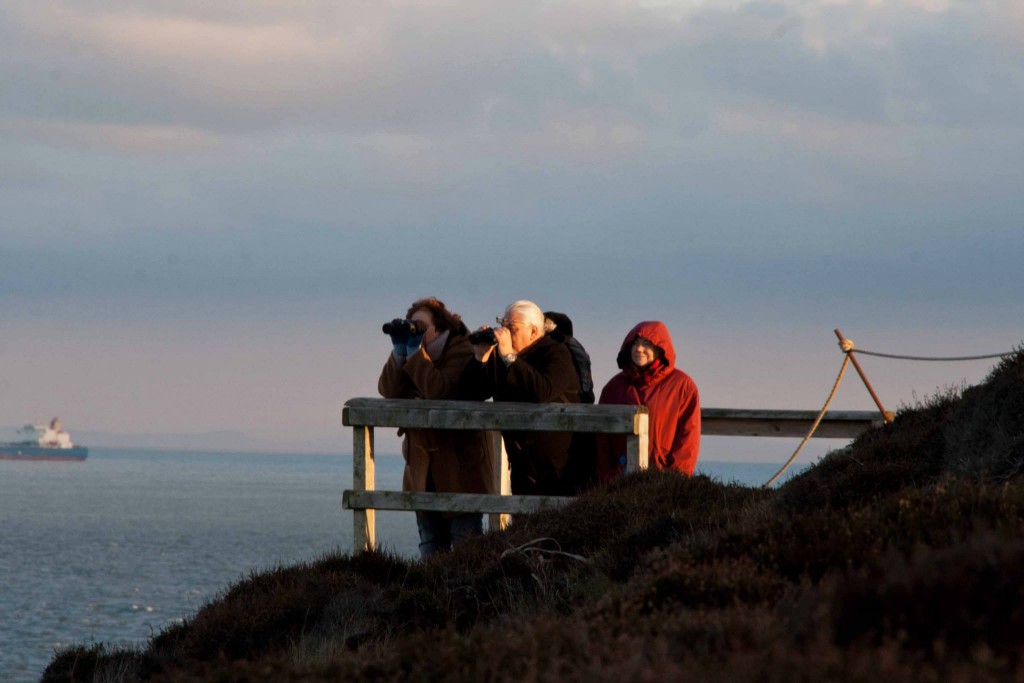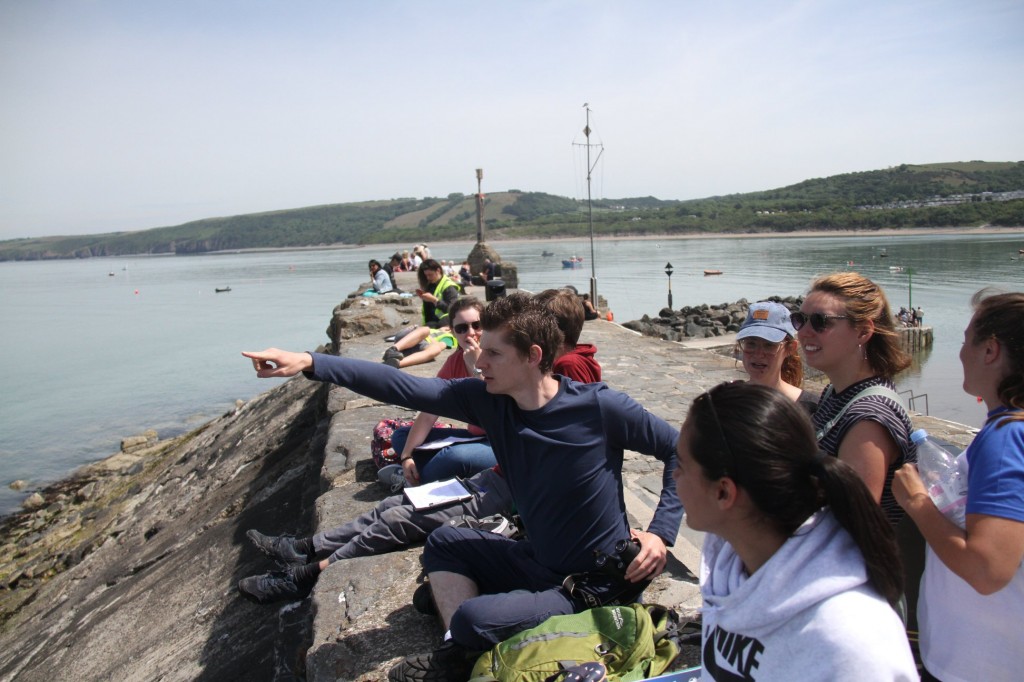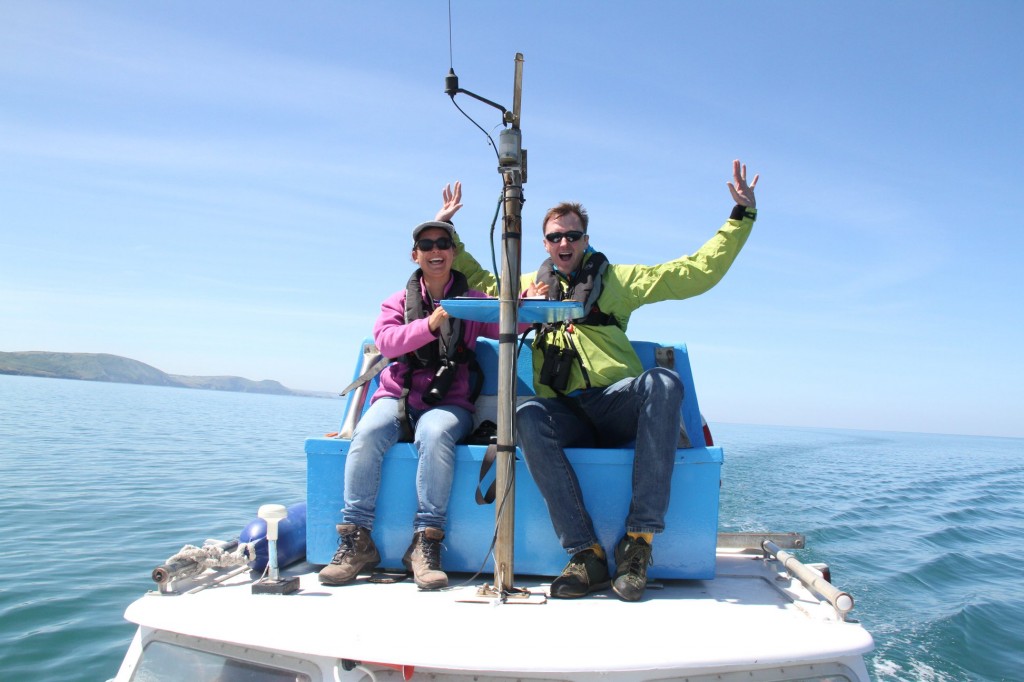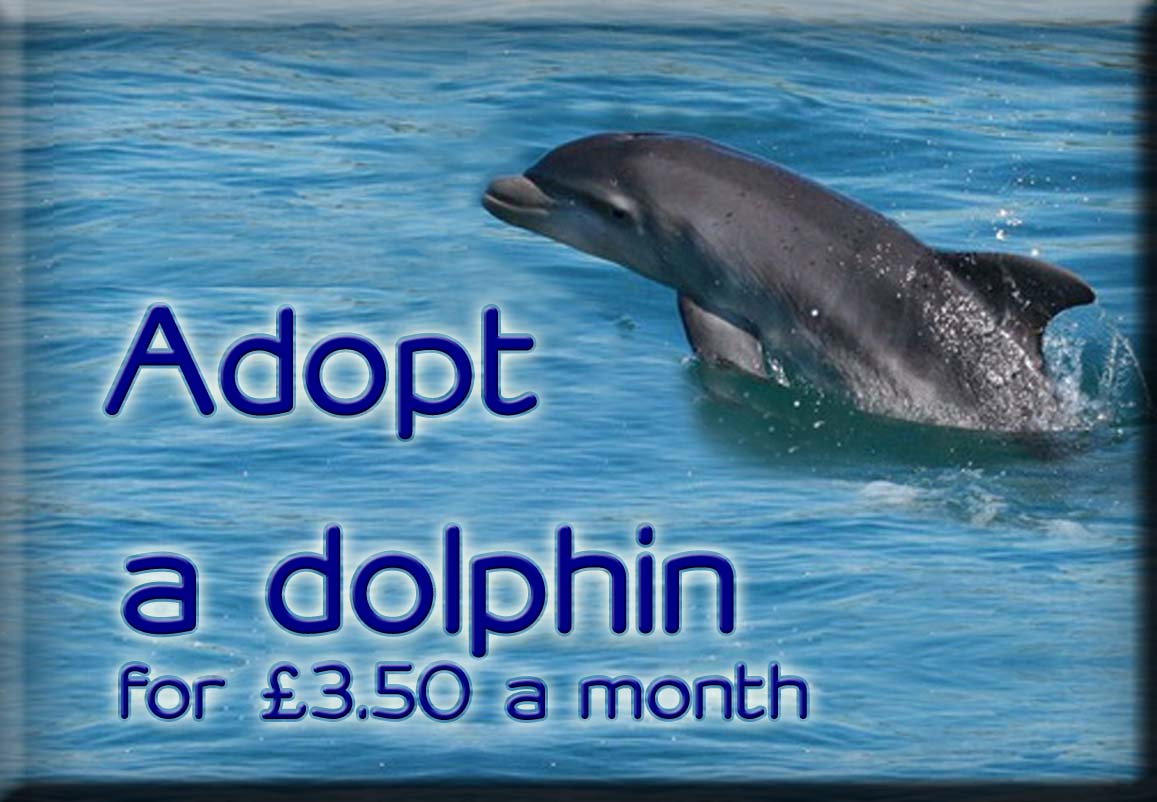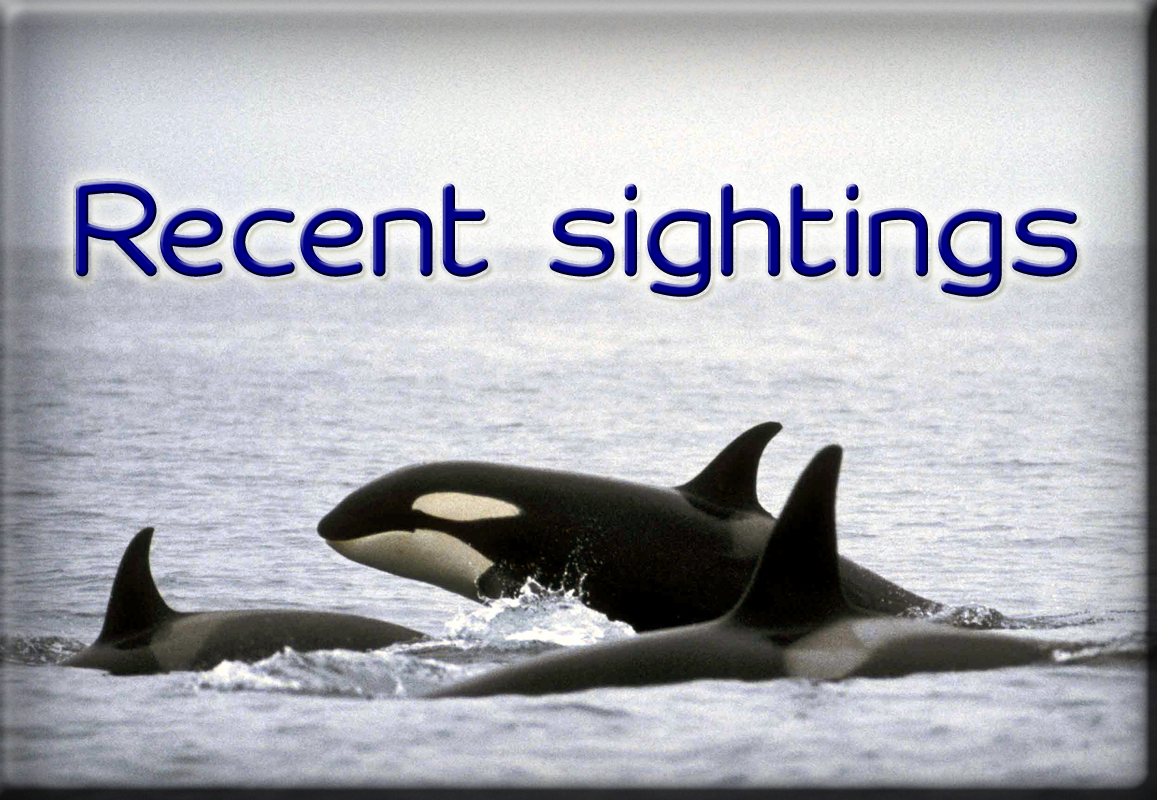The Sea Watch Foundation (SWF) holds one of the longest running and most extensive cetacean sightings databases in Europe but most of these records are not made by trained scientists! That’s right, a lot of the sightings we receive are actually made by the general public, people of all ages and from all walks of life.
Citizen science has had a lot of attention in recent years, and for good reason. While scientists are trained how to statistically analyse research and usually have extensive field experience to allow them to plan the most effective surveys, some aspects of research can easily be carried out by enthusiastic amateurs with little more than some basic equipment such as binoculars, a data recording form and a pen.
SWF has long relied on citizen science for collecting cetacean data from around the UK. We are only a small charity with few full time members of staff and therefore the participation of the general public in our research is not only desirable but essential! We have an extensive sightings network run by voluntary Regional Coordinators who run regular watches and events in their respective areas and provide basic training in filling in our sighting forms to new volunteers.
Citizen science is particularly important to two of our annual events, Orca Watch and National Whale and Dolphin Watch. Both events use the power of volunteers to report sightings based on dedicated watches in the space of a week, the first focusing on killer whales in Scotland, the latter being a nationwide event with many public awareness events to tie in with land based watches.
But how do you start out as a volunteer? It can be as simple as contacting your local Regional Coordinator or our Sightings Officer (Chiara.giulia.bertulli@seawatchfoundation.org.uk) and asking for some help to explain our sightings forms. Then all you need to do is select a date, time and location, using our handy website resources, and setting out for your first watch.
However, this can be a bit daunting, particularly if you are new to wildlife watching. For those who would like a more in depth introduction to the world of whale watching and data recording, SWF offers two annual training courses based in New Quay, Ceredigion, where our Flagship project, the Cardigan Bay Monitoring Project is located. During this two day course, participants will learn everything there is to know about how to use our data forms, how to identify different species of cetaceans, count the number of animals you’re seeing (harder than you think!) and assess what they are doing. You will also learn more about the Sea Watch Foundation and Welsh marine mammals.
New Quay, Ceredigion, is the home of one of only two semi-resident populations of bottlenose dolphins in the UK and as such is ideally situated for this course. Participants will be able to take part in field work consisting of both land and boat-based surveys (weather dependent) and learn more about photo-identification, the technique used by researchers to identify individual dolphins.
Lectures are delivered by the three permanent members of staff, Sea Watch’s director Dr. Peter Evans, Sightings Officer Chiara Bertulli and Monitoring Officer Katrin Lohrengel.
For more information on these courses, have a look at our course page or to book contact Katrin on katrin.lohrengel@seawatchfoundation.org.uk
We run two courses annually, however, additional courses in other locations can potentially be organised. Contact us to see if we can accommodate your needs!

